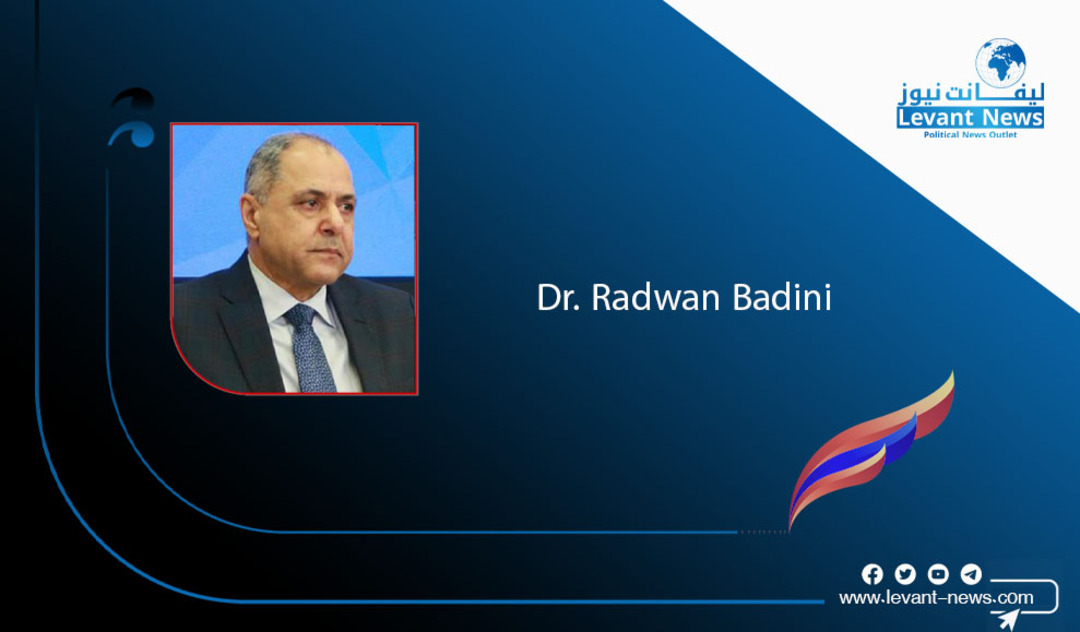-
Extremist Islam Between Illusions of Peace and Future Risks in Syria

Amid the violent transformations sweeping across Syria and the shifting political landscape that has propelled Islamist extremist currents into power, questions are rising about Islam’s capacity—particularly in its new ruling form—to be a religion of peace and justice, or a suitable framework for modern governance based on respect for diversity and human rights.
Historically, Islam, as is well known, was not founded on secular philosophy or a pluralistic political experience; rather, it emerged and expanded through armed conquest, with the establishment of the first caliphate tied to military force and territorial expansion. Even with later attempts to tame this history or gloss over its pages, modern political Islam—especially in its Salafi-jihadi form—has re-produced the most extreme versions of this violent framework, with fatwas and practices that bear no relation to the concepts of the modern state or global values of freedom and equality.
The core question—can this religion, with its rigid doctrinal structure and inherited interpretations rejecting modernity—transform into a religion of peace and security?—lies at the heart of the intellectual struggle currently facing the Middle East. More importantly: can it form a governing framework that accommodates multiethnic and multireligious societies, ensuring social justice and equal citizenship?
Political Islam as a Burden on Pluralistic Societies
Reconfiguring authority in Syria, including its transfer to groups like “Hayat Tahrir al-Sham” led by Ghulani, does not bode well for those dreaming of a pluralistic civil society. Despite its attempts—publicly—to promote a more “realistic” discourse, this organization’s ideological foundation remains rooted in decisive, hardline texts that legitimize killing in the name of religion, permit imposing jizya on “dhimmis,” and grant absolute powers to the ruler under the guise of “Sharia.”
Here, the Syrian ruler’s persona, dubbed “Al-Sharia,” appears increasingly alarming. History shows that whenever this current has seized power, “security stability” merely served as a pretext to establish a theocratic regime that dismisses national rights and citizenship based on equality, instead classifying citizens according to their beliefs and ideological loyalty. And the practice of jizya or killing religious “others” is not a hypothetical threat but has been documented in the so-called caliphate’s deeds over the past decade.
The Kurdish Dilemma: A Critical Challenge
A fundamental existential question for the Kurds in Syria arises: What benefits could they gain from initiating dialogue with this regime? Is it realistic to expect national rights or civil gains from a regime that excludes them from the identity equation and categorizes them as minority dhimmis or rebels?
Kurdish populations—especially in North and East Syria—have paid heavy prices confronting religious extremism embodied by ISIS and similar organizations. Thanks to their sacrifices and alliances, they managed to establish local governance models based on gender, ethnic, and linguistic diversity, offering a civil governance model amid chaos of religious and sectarian wars. Could these achievements be discarded or viewed as “innovation” and “heresy” that must be eradicated?
Limits of Negotiation and the Realm of Possible
It is crucial for the Kurds—and other civil and democratic forces—to understand that any honest dialogue with a radical Islamic regime must be based on clear secular principles and international guarantees of peoples’ rights. Relying on statements from figures like Ghulani or others who fundamentally reject “civil state” concepts is political illusion. No rational person can believe that a project grounded in hudud laws (Sharia punishments) and slavery can overnight evolve into a supporter of human rights and freedom of belief.
Towards a Unified and Clear Kurdish Stance
In this threatening environment, Kurds must formulate a proactive, unified position. They must loudly declare their rejection of any regime that does not explicitly recognize their national and cultural rights or guarantees the separation of religion and state. Moreover, international public opinion should be mobilized again, highlighting the ongoing efforts within Syria to reproduce tyranny—this time veiled behind religious dress and fatwas.
In conclusion, relying on political Islam that has historically rejected “the other” is futile, and giving legitimacy to rule that threatens coexistence and dignity in the name of “Sharia” is unjustified. For the Kurds, as for all peoples striving for freedom, caution is essential as they delineate their future paths amid this crisis-ridden Middle East.
Dr. Radwan Badini
You May Also Like
Popular Posts
Caricature
opinion
Report
ads
Newsletter
Subscribe to our mailing list to get the new updates!




















